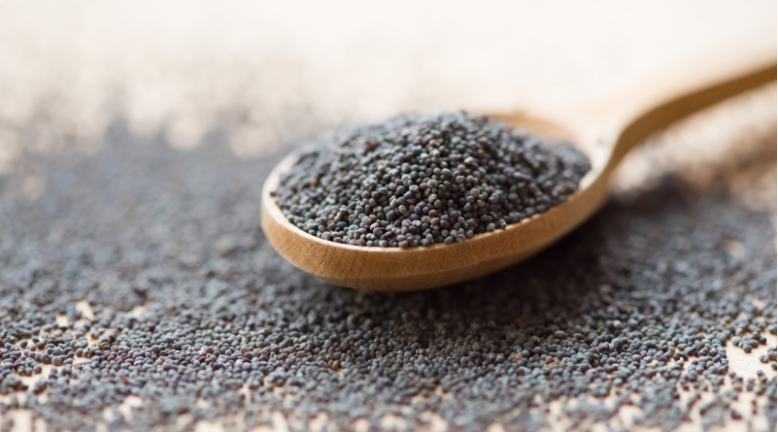Unwashed Poppy Seeds: Understanding the Benefits and Risks


Unwashed poppy seeds, commonly referred to as “poppy seeds,” are the small, oil-rich seeds obtained from the opium poppy plant (Papaver somniferum). These seeds have been used for culinary and medicinal purposes for centuries. However, they also have a reputation for potential risks due to their association with the opium poppy plant, which contains compounds like morphine and codeine.
Here’s an overview of the benefits and risks associated with unwashed poppy seeds:
Benefits:
- Nutritional Value: Poppy seeds are a good source of essential nutrients, including dietary fiber, protein, healthy fats, and various vitamins and minerals, such as calcium, magnesium, and phosphorus.
- Pain Relief: Historically, poppy seeds and their extracts have been used in traditional medicine for their potential pain-relieving properties. This is due to the presence of alkaloids like morphine and codeine, although these are usually found in very small amounts in the seeds.
- Flavor and Texture: Poppy seeds are often used as a culinary ingredient to add flavor, texture, and visual appeal to various dishes. They are commonly sprinkled on bread, bagels, pastries, and in salad dressings.
Risks:
- Contamination: Unwashed poppy seeds can be contaminated with opium alkaloids, particularly morphine and codeine, which are controlled substances. Consumption of contaminated seeds can lead to a positive drug test result for opioids, potentially causing legal and employment issues.
- Addiction and Overdose: While the levels of morphine and codeine in poppy seeds are usually low, excessive consumption of large quantities of unwashed poppy seeds could potentially lead to addiction or overdose. However, it would require a significant amount of seeds to reach these levels, and such cases are extremely rare.
- Drug Interactions: Poppy seeds may interact with certain medications, particularly those that affect the central nervous system. It’s essential to consult with a healthcare provider if you’re taking any medications and considering consuming poppy seeds regularly.
- Allergic Reactions: Some individuals may be allergic to poppy seeds, leading to allergic reactions such as itching, hives, or difficulty breathing. If you have known food allergies, it’s essential to exercise caution.
Precautions:
To minimize the risks associated with unwashed poppy seeds:
- Purchase Trusted Brands: Buy poppy seeds from reputable sources that guarantee the absence of opium alkaloid contamination.
- Moderation: Consume poppy seeds in moderation as a culinary ingredient. Excessive consumption should be avoided.
- Be Informed: Be aware of the potential risks and drug interactions if you have underlying health conditions or are taking medications.
- Consult a Healthcare Provider: If you have concerns about consuming poppy seeds, consult with a healthcare provider for personalized advice, especially if you have a history of substance abuse or are taking medications.
In summary, unwashed poppy seeds offer nutritional benefits but come with potential risks due to opium alkaloid contamination. While the risks of addiction or overdose are minimal with normal consumption, it’s crucial to be informed and exercise caution when using them in culinary preparations, especially if you have allergies or are taking medications. Always source your poppy seeds from reputable suppliers to reduce the risk of contamination.




